
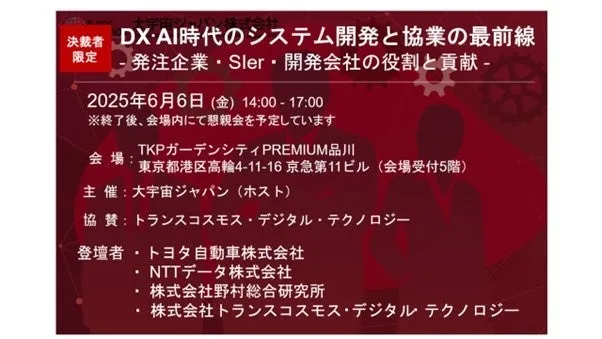
Leading the Way in System Development and Collaboration in the DX and AI Era
Overview of the Seminar on System Development in the DX and AI Era
In a rapidly changing technological landscape, the need for effective collaboration in system development has never been greater. A recent seminar titled "Leading the Way in System Development and Collaboration in the DX and AI Era," organized by Daiuchu Japan, took place at the TKP Garden City Premium Shinagawa. The event brought together experts from major companies including Toyota Motor Corporation, NTT Data, Nomura Research Institute, and transcosmos Digital Technology to discuss the evolving dynamics of technology and collaboration in the field.
Importance of Human Connections in Development
Kicking off the seminar, President Su from Daiuchu Japan emphasized the significance of personal connections in system development. He expressed a desire to explore how individuals in various roles can contribute to client success during discussions throughout the event. The atmosphere was filled with a serious commitment as attendees listened intently, ready to absorb new insights.
Insights from NTT Data
The first presentation was led by Mr. Kato from NTT Data, who focused on their initiative "Digital CAFIS," part of the company’s strategy in payment integration. NTT Data has a legacy of over 35 years in providing one of Japan's largest cashless payment platforms. In recent years, the service has been redefined to place greater emphasis on customer experience and added value, highlighting a shift from merely being functional to facilitating a more enriched customer journey.
With the evolving nature of society towards a cashless framework, the insights shared stressed the need for continuous improvement in system infrastructure. The presentation showcased the "Omni-Payment Gate," a product designed to integrate online and real-world payment systems through a cloud-based microservice architecture. Furthermore, Mr. Kato discussed the transition from traditional waterfall development to agile methodologies, which enable more interactive and efficient product development.
Enhancing Productivity Amid Labor Shortages
Next, Mr. Utsumi from Nomura Research Institute discussed the critical issue of improving productivity in light of labor shortages. With the growing demand for IT professionals, his team is focused on standardizing development processes to enhance productivity. This approach involves preparing for the future where AI plays an essential role in facilitating flexibility while fostering a unified development process that aligns with customers’ needs.
He pointed out the diminishing workforce and stressed the importance of modernizing legacy systems, ensuring real-time data integration, and enhancing collaboration among systems integrators (SIs), internal departments, and partners to achieve optimal outcomes across the board.
Innovations in System Development by transcosmos
Mr. Tokoro from transcosmos Digital Technology then presented on the topic of updating development methodologies. He introduced "Vibe Coding," a new technique where engineers communicate specifications to AI, leading to automated source code generation. This innovative approach simplifies development by allowing a few skilled engineers to handle the process previously managed by larger teams. This advancement is not viewed as a replacement for traditional SI roles but rather as a complimentary tool in their arsenal.
The commitment to quality was evident as Mr. Tokoro described how AI is integrated into the quality management processes, creating a framework to check documents and tests to enhance reliability. This initiative aims to alleviate dependence on specific individuals and improve the overall quality of system development processes.
Toyota's Perspective on Digital Transformation
Following this, Mr. Miyahara from Toyota Motor Corporation articulated the company’s approach to digital transformation. Using an engaging example related to tuna processing, he elucidated that technological change should focus not only on efficiency but also on enhancing quality and meaningful experiences. He presented the steps involved in digital transformation as essential: sorting, improvement, and value creation. Mr. Miyahara guided the audience on how to streamline decision-making in development activities and the importance of collecting appropriate data for insightful analysis.
He emphasized using technology to optimize exhibitions, transforming them from mere decoration to platforms for generating actual value. His analogy encapsulated the essence of adapting to a rapidly transforming automotive industry.
Daiuchu Japan's Mission
In a reflection of the day’s insights, President Su shared Daiuchu Japan's objectives, focusing on building a standardization platform called "Daiuchu Way," developed through decades of experience. The platform aims to clarify tasks, outcomes, and timings across various stakeholders, ensuring high quality and flexibility in client service.
Cross-Talk Session: Collaborative Insights
The seminar concluded with a cross-talk session where speakers reflected on the day's discussions. They stressed collaboration, highlighting the need for shared objectives among stakeholders to foster successful partnerships in the evolving technological landscape.
In conclusion, the seminar illustrated crucial perspectives on system development and collaboration amidst the rapidly advancing DX and AI era. Daiuchu Japan looks to evolve into a more service-oriented provider of system development, leveraging experiences and insights gained through this educational event.
For those who could not attend, an archive of the seminar is available for viewing here.
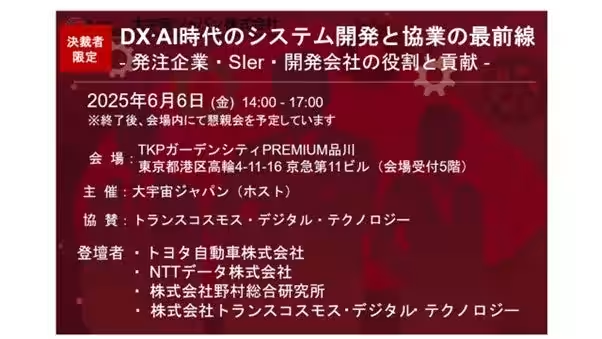
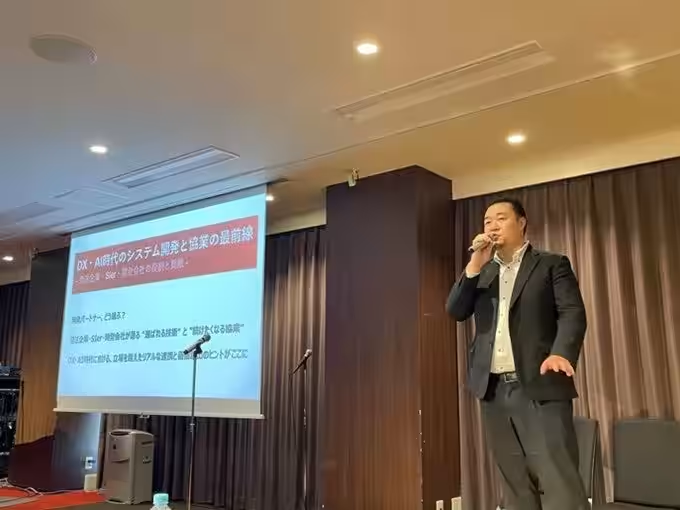
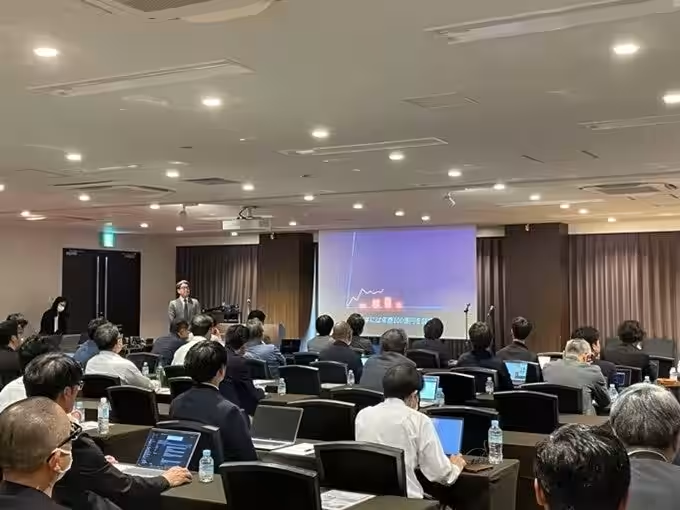
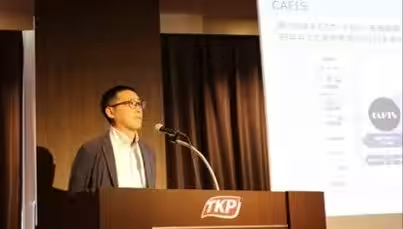
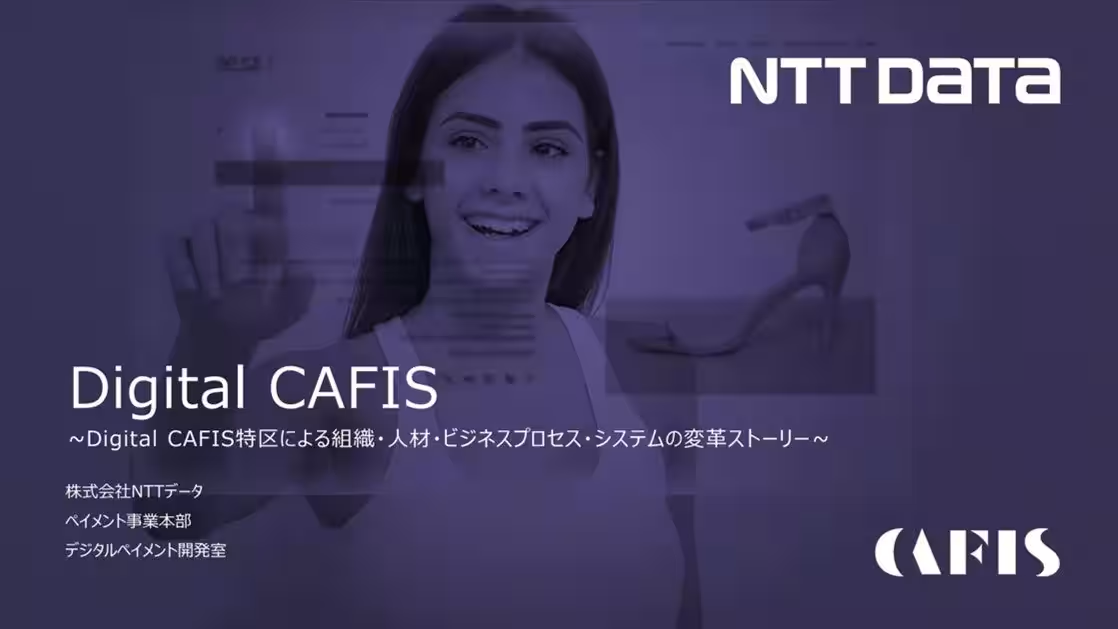
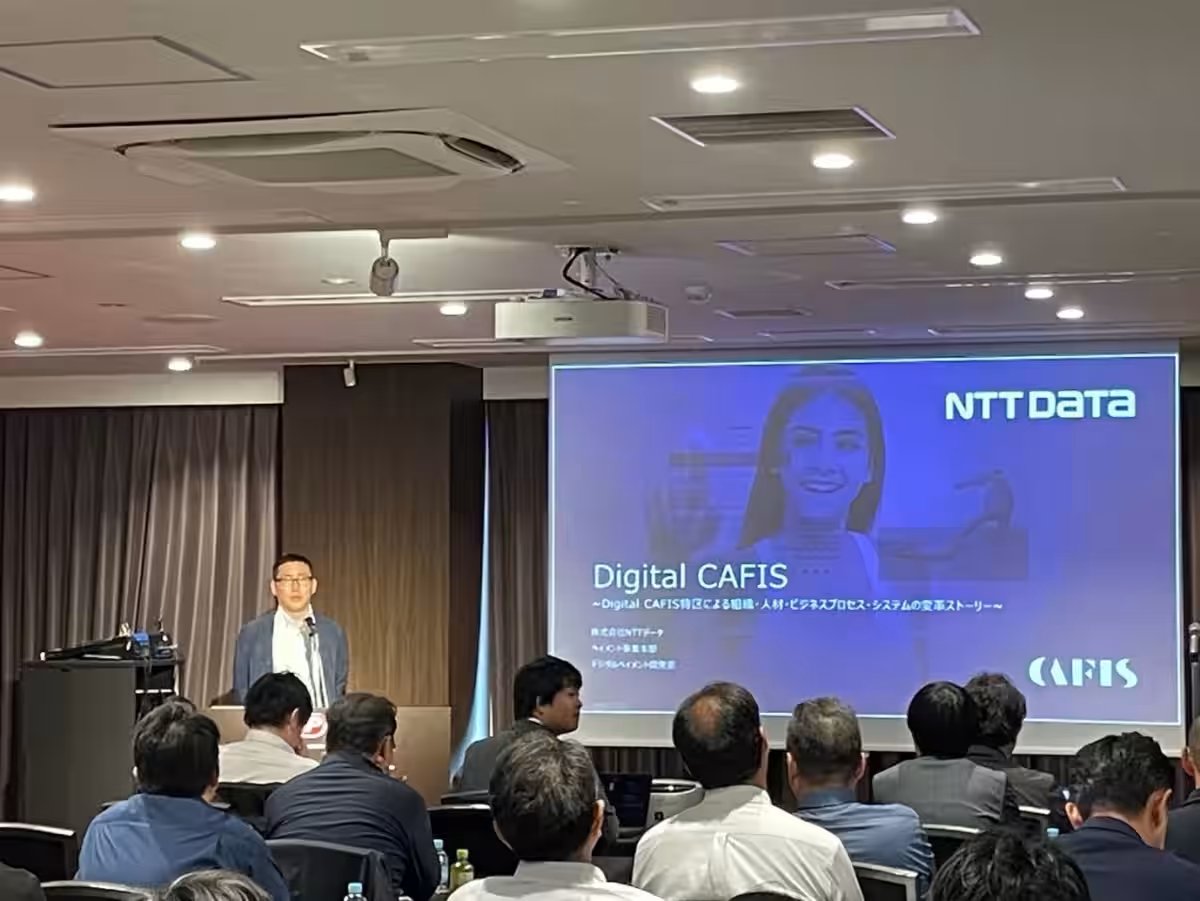
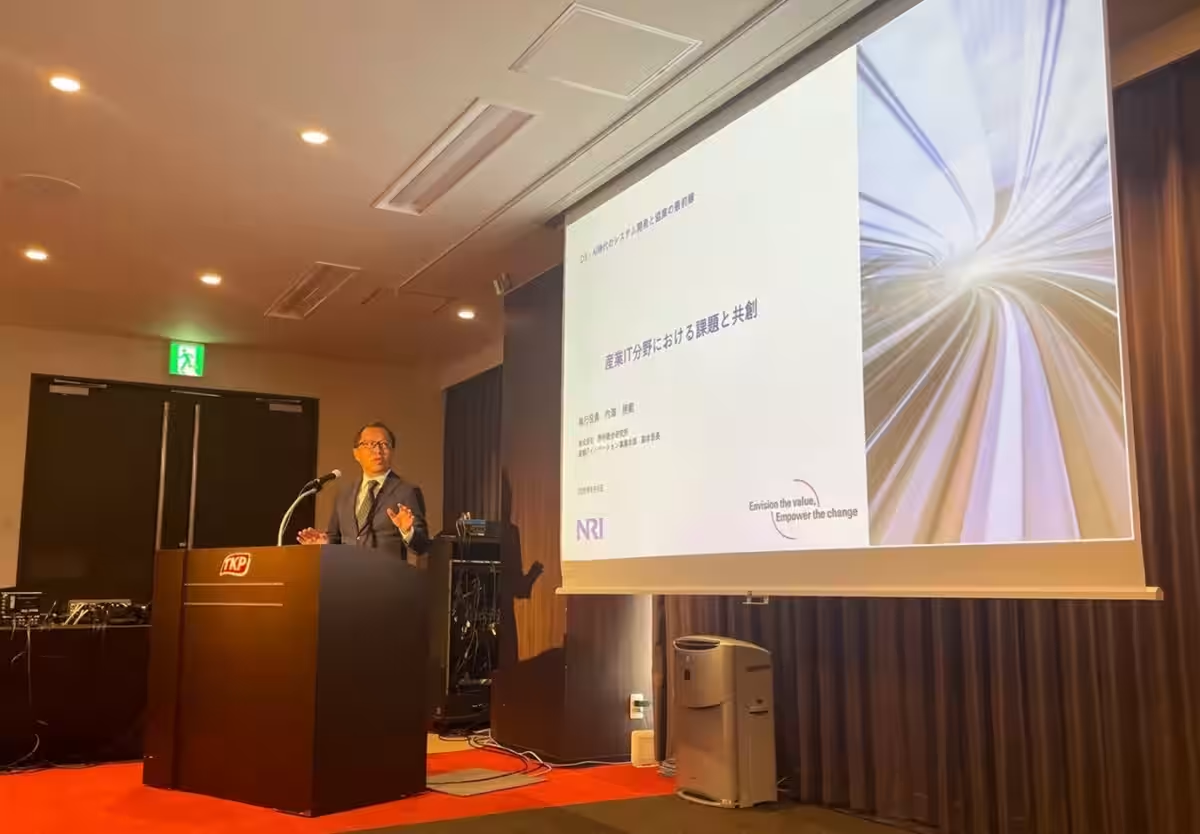
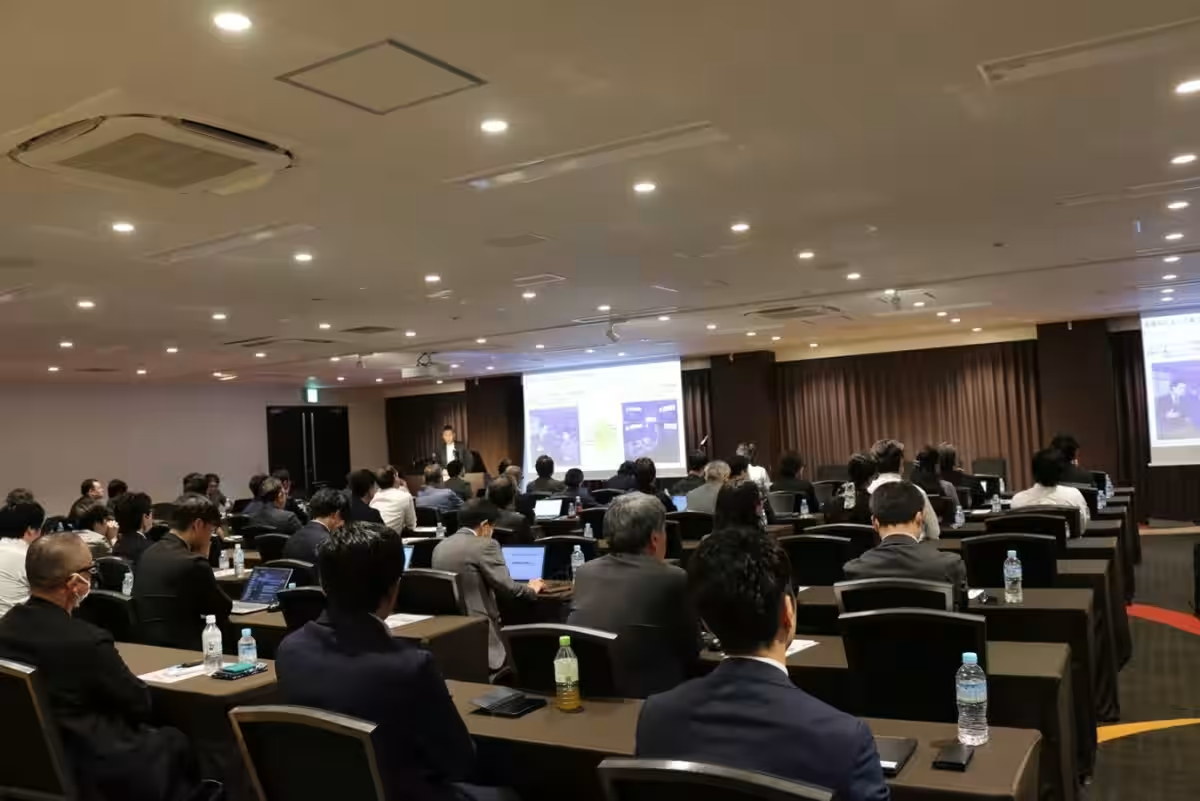
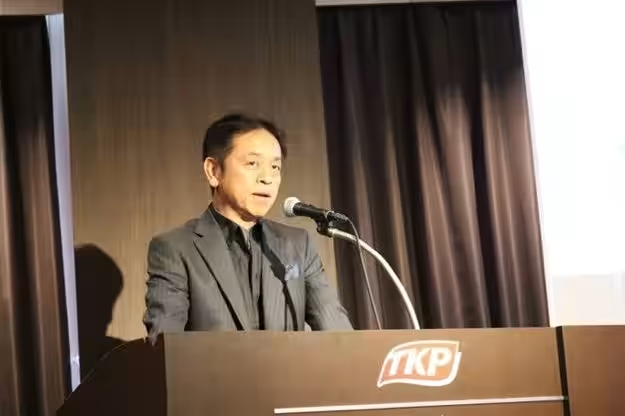
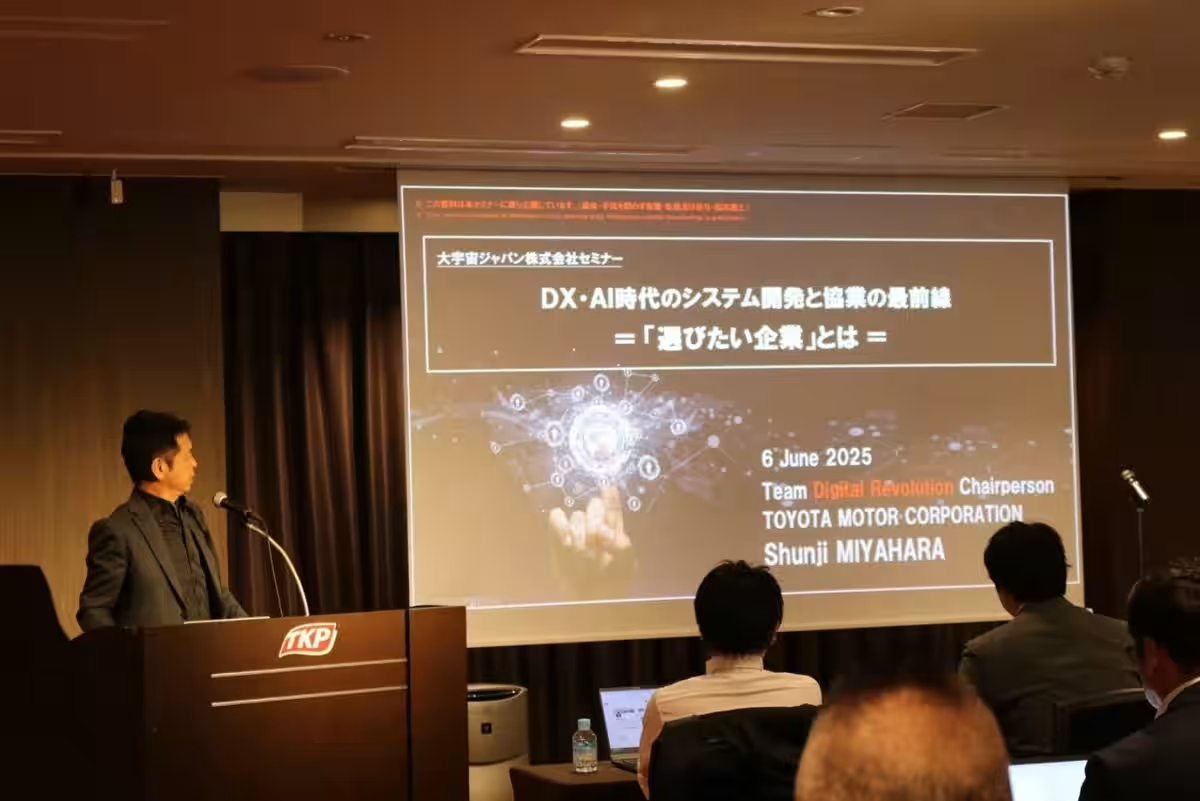
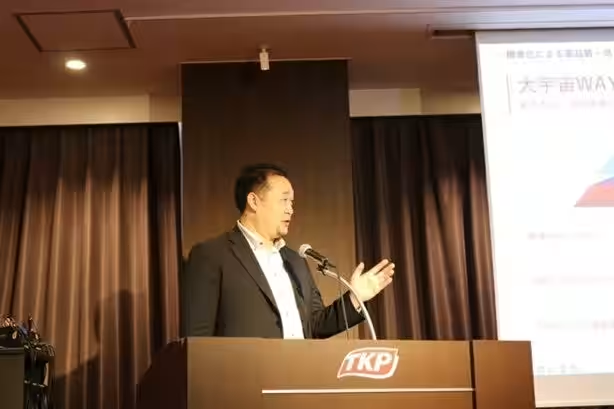
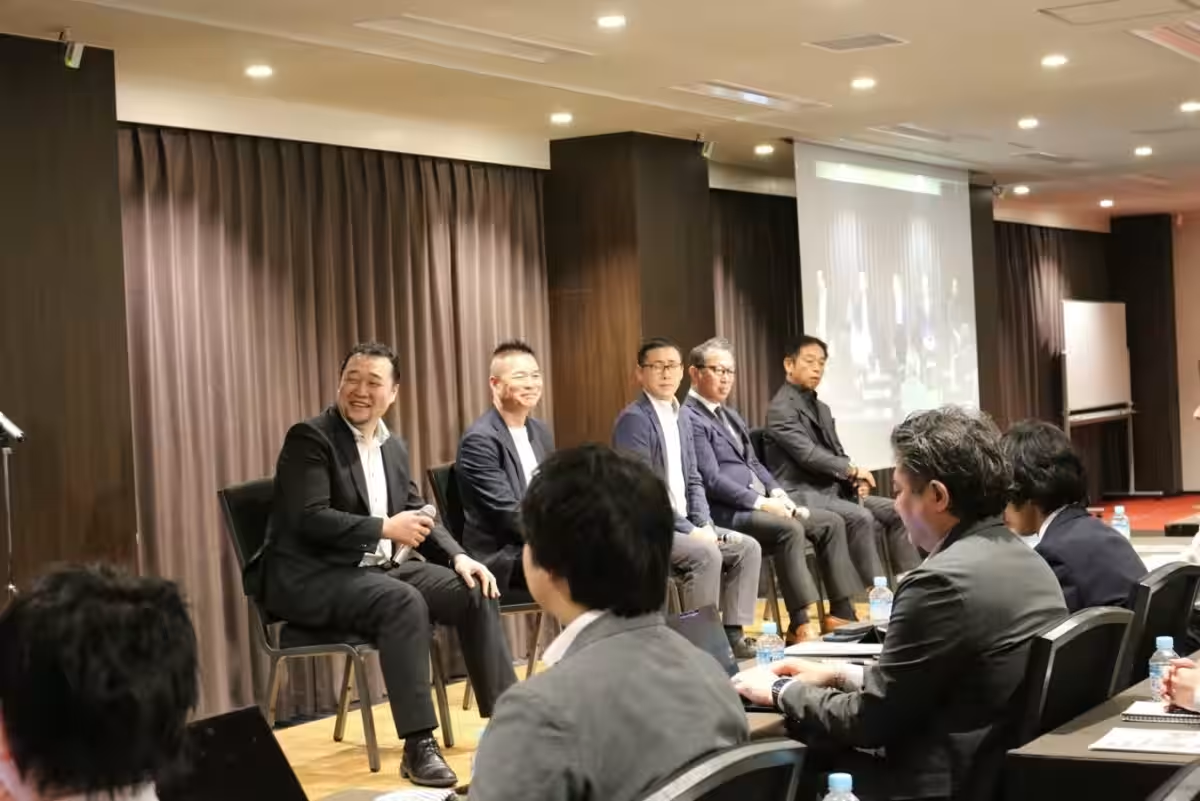
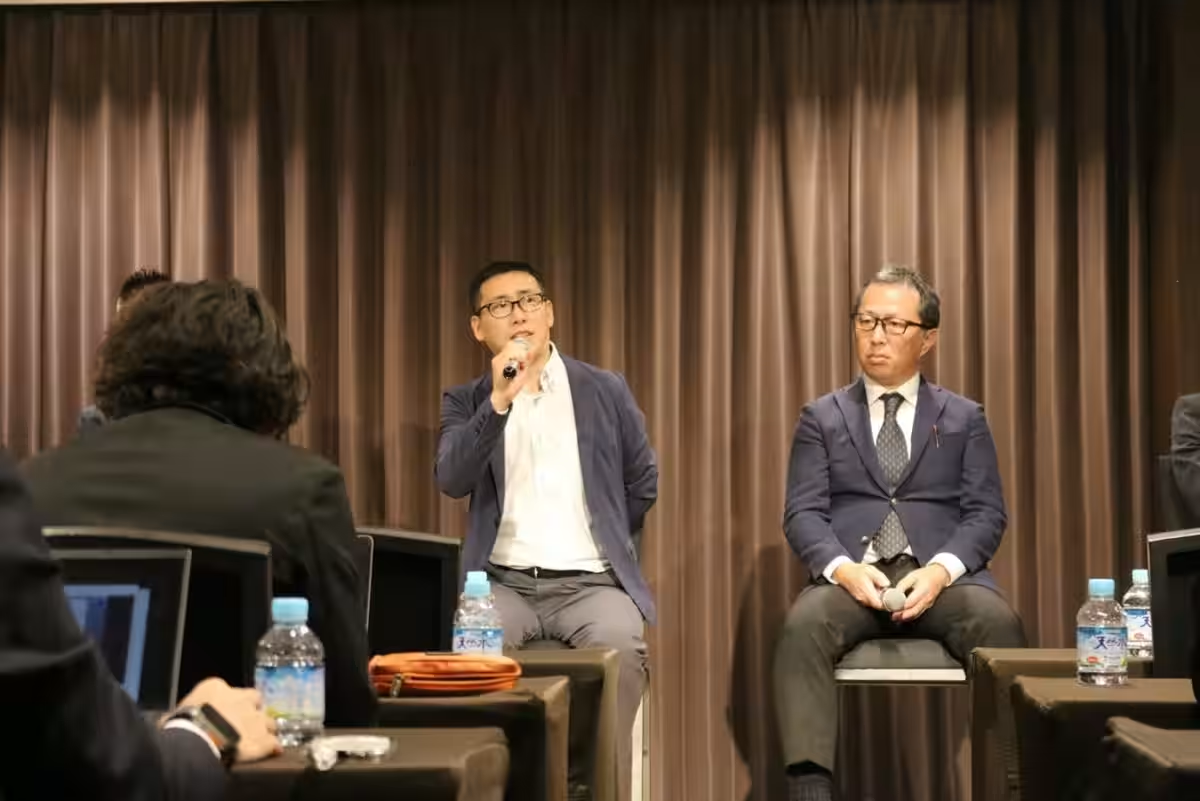
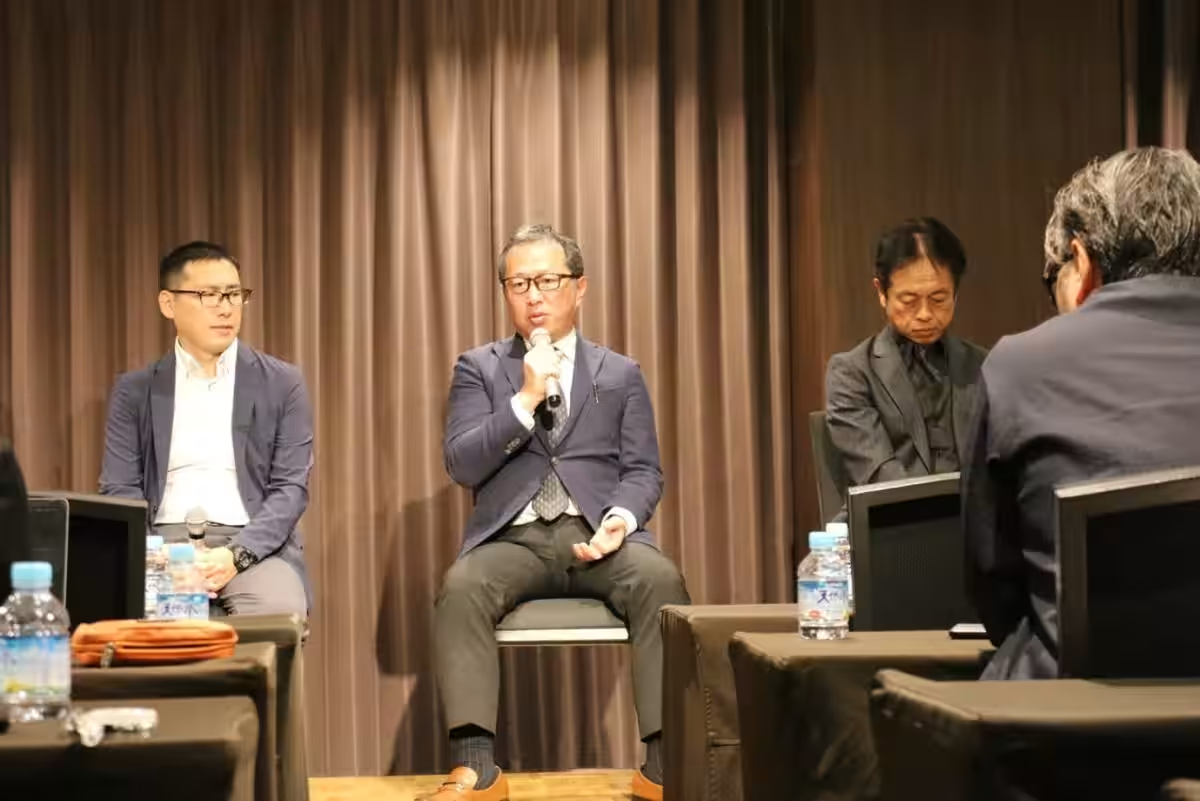
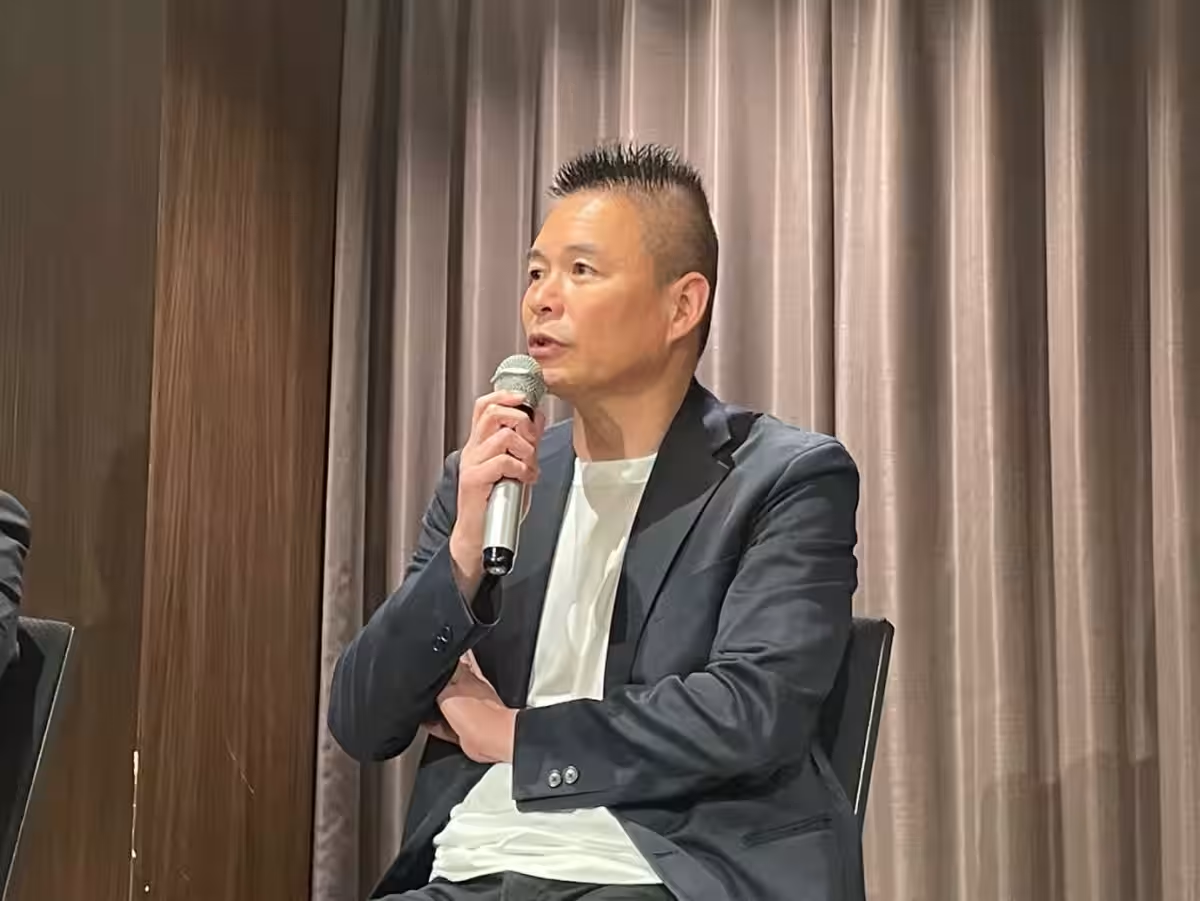
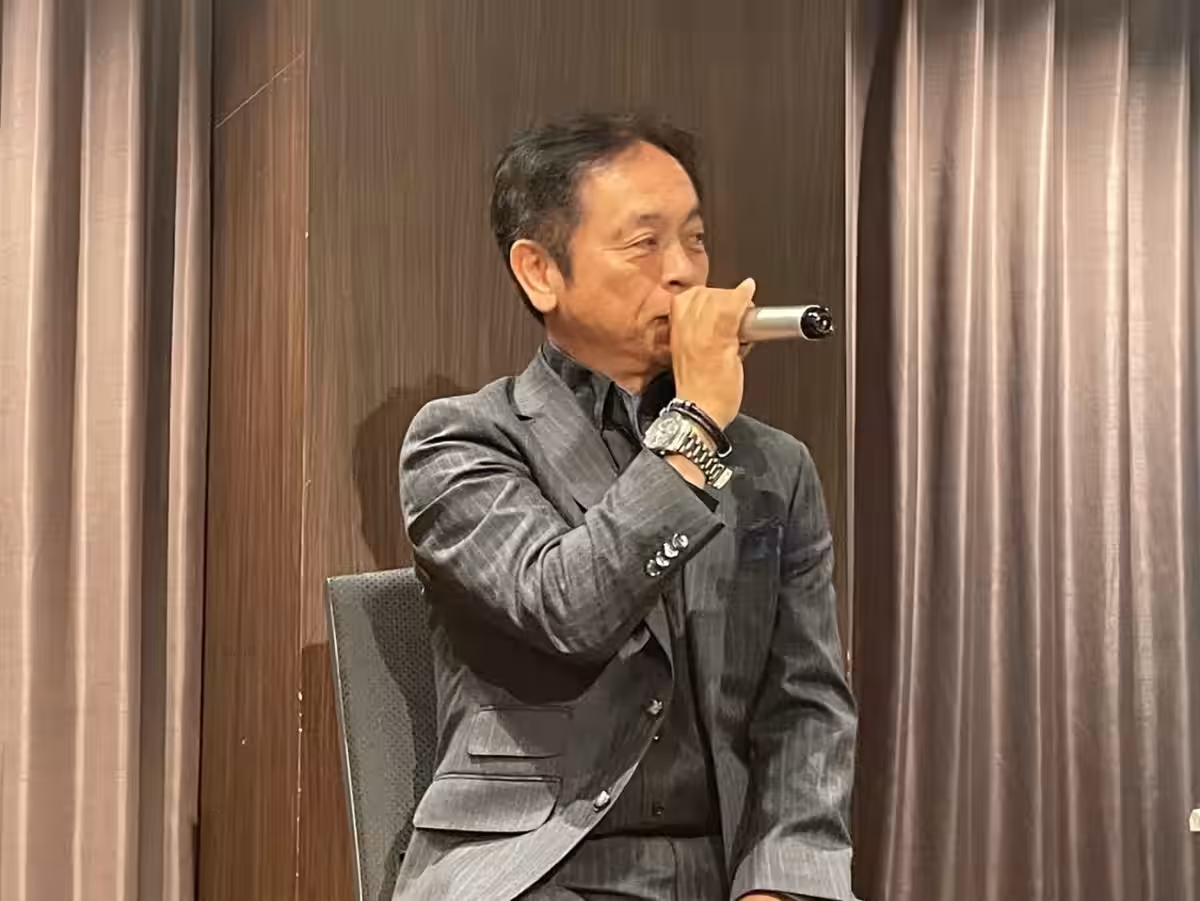
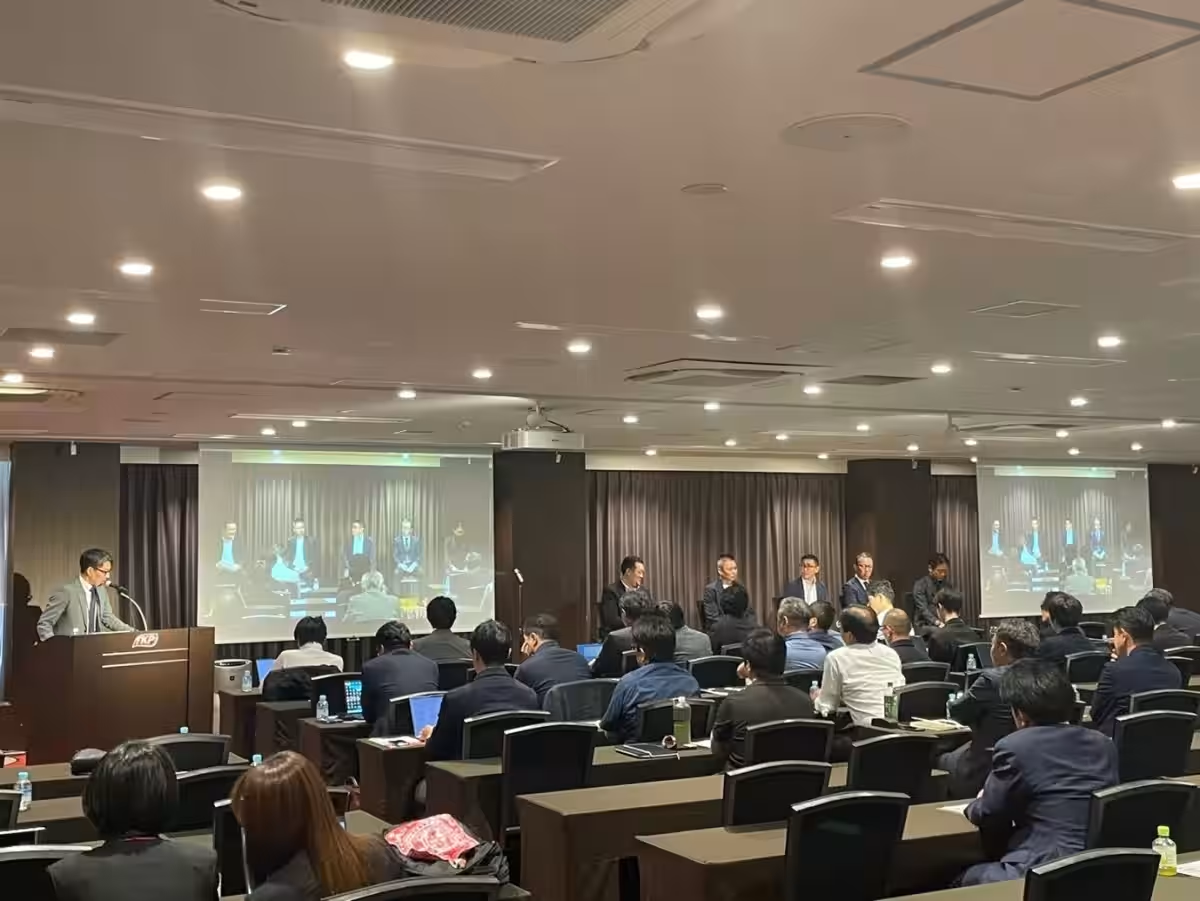
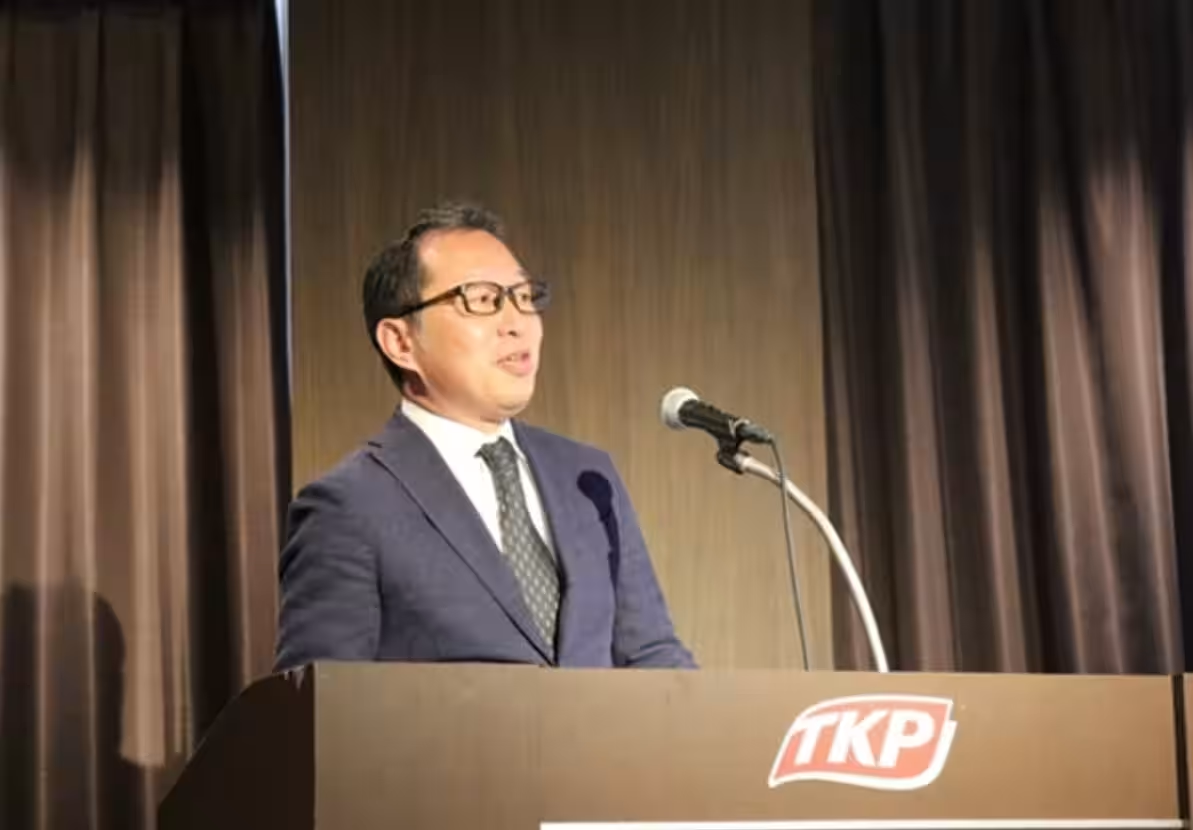
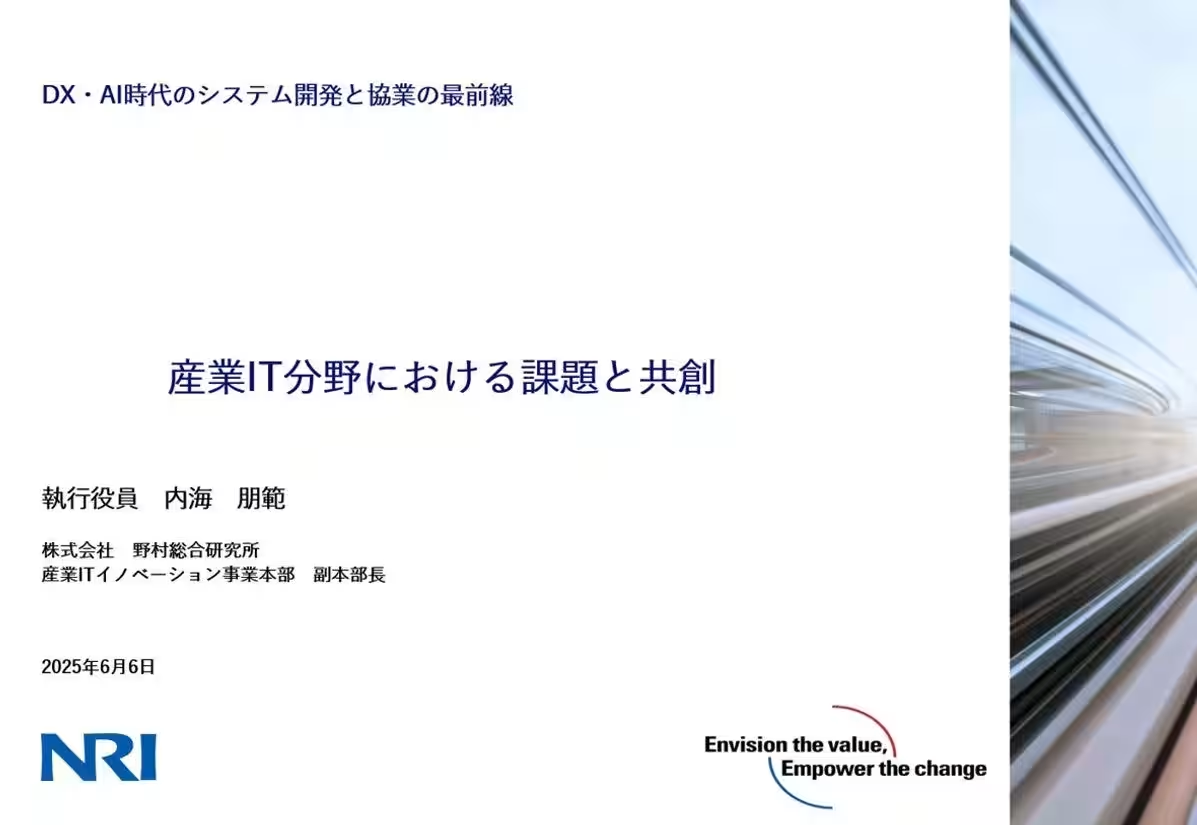
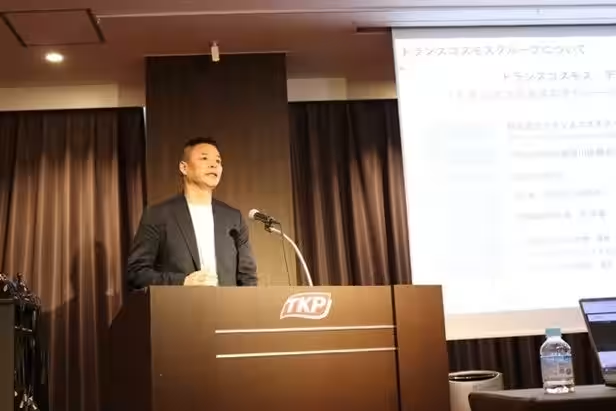
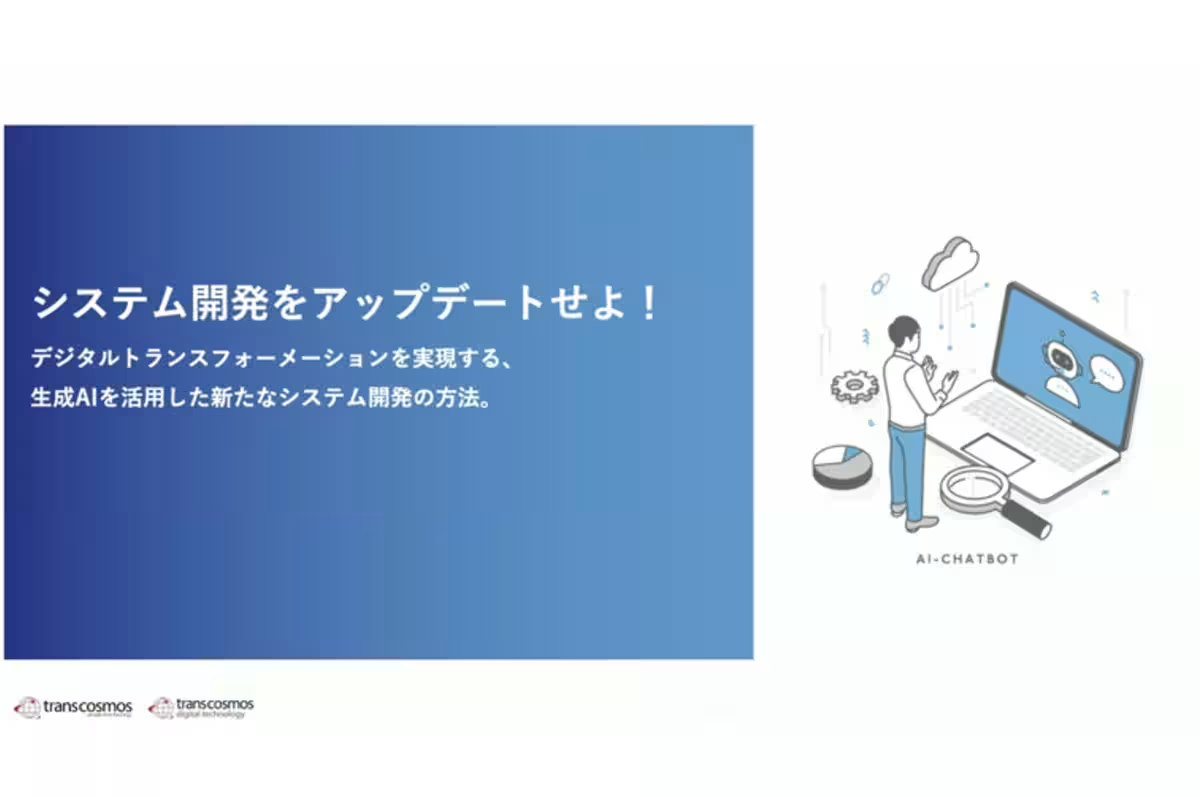
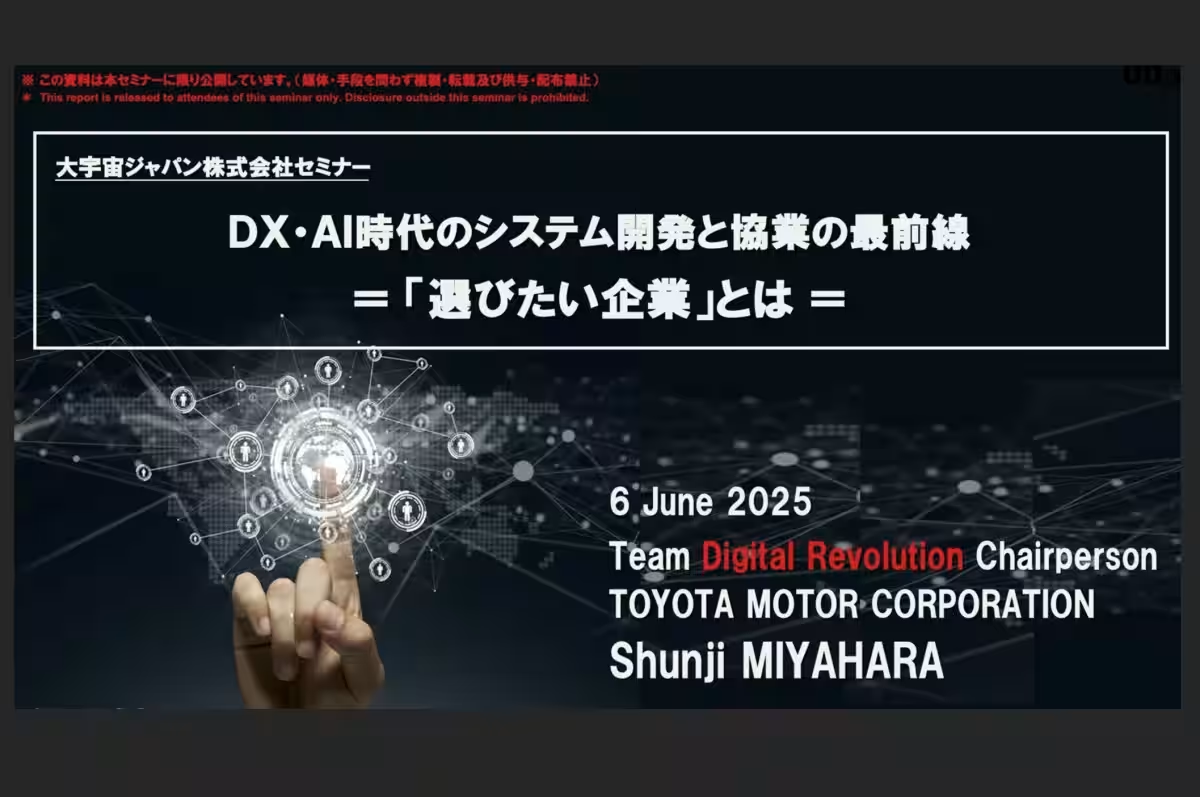
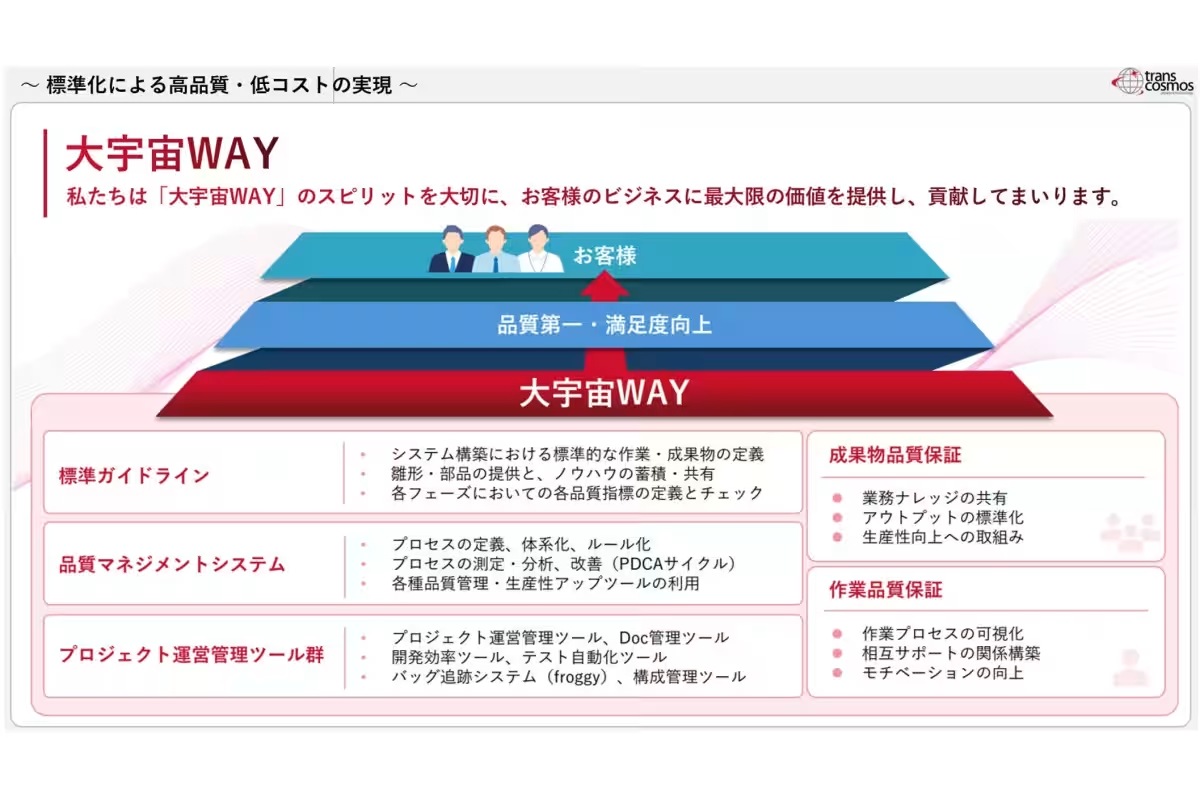
Topics Business Technology)










【About Using Articles】
You can freely use the title and article content by linking to the page where the article is posted.
※ Images cannot be used.
【About Links】
Links are free to use.